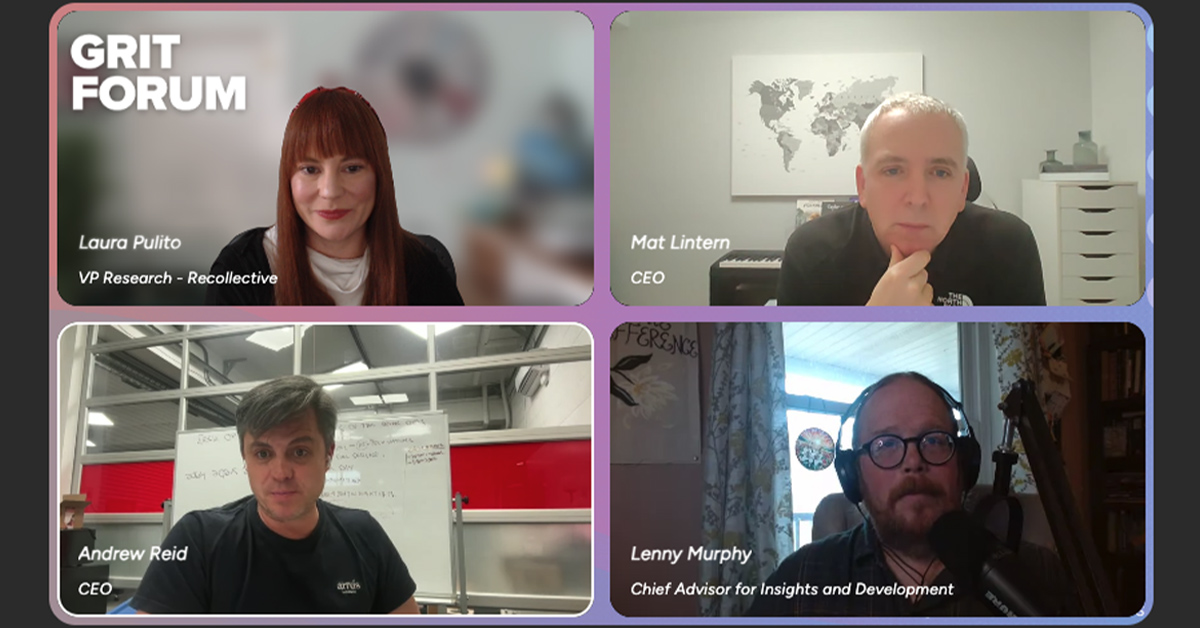Recently, I had the opportunity to attend the MRIA's 2012 QRD (Qualitative Research Division) Conference in Toronto where one of the speakers was Dr. Sam Ladner. Sam delivered a presentation entitled Truth, Lies and Ethnography. Think of the talk as being an 'ethnography 101' -- it was intended to help researchers in the audience learn "What to expect, how it's done, and when you should do it." Sam began by stating that "ethnography is not 100% qual" and that the etymology of the term comes from the Greek:ethnos + graphoWhere ethnos represents folk, culture or people while grapho refers to writing (or representing). So, one might say that ethnography could generally refer to 'writing about culture.' The 'origin story' of ethnography continued with Sam contrasting the work of Dr. Bronislaw Malinowski, a Polish anthropologist who focused on cultural research, with the work of Dr. Paul Lazarsfeld, lauded as the founder of applied sociology. Sam's comparison of their interests and work helped to illustrate the differences between research methods like ethnography and focus groups. While ethnography seeks to understand culture, the researcher in a focus group is seeking more detail about an individual's decision-making process. As Sam described this, the pop culture fan in me recalled a Star Trek (TNG) episode which opened with a science team observing an alien village from a hidden vantage point. In that episode, drama ensued as the Starfleet Prime Directive of not interfering with an alien civilization was broken. If this science team were conducting an ethnography, they would be observing the aliens in situ -- living among them and "going native" as it were. The science team would be looking at symbols and systems, documenting behaviours and experiences when and where they actually occur, with the goal of understanding and writing about the alien culture. Such observational research differs from a focus group where a moderator defines the research parameters, sets the context in which the research is to be done and takes an active role to guide participants through the inquiry. Sam has made her presentation available on SlideShare and I have embedded it to the end of this post. You can, at your convenience, review her presentation in its entirety. One slide that I do want to highlight is the one below where Sam has mapped out scenarios when a marketer might use ethnography. I think this slide will be very useful when working with my own customers and prospects. My clients develop online communities using our software offerings. There they might conduct ethnographies by observing what is going on in their online communities. Or, perhaps they are themselves immersed and directly engaged in the online community with other members. The slide can help a business manager consider the lifecylce stage her product is in and know that ethnography and/or data from ethnography can inform her decisions involving new product development, advertising and messaging development, customer experience improvement, etc.

Thanks Sam for your intro into ethnography!







.svg)